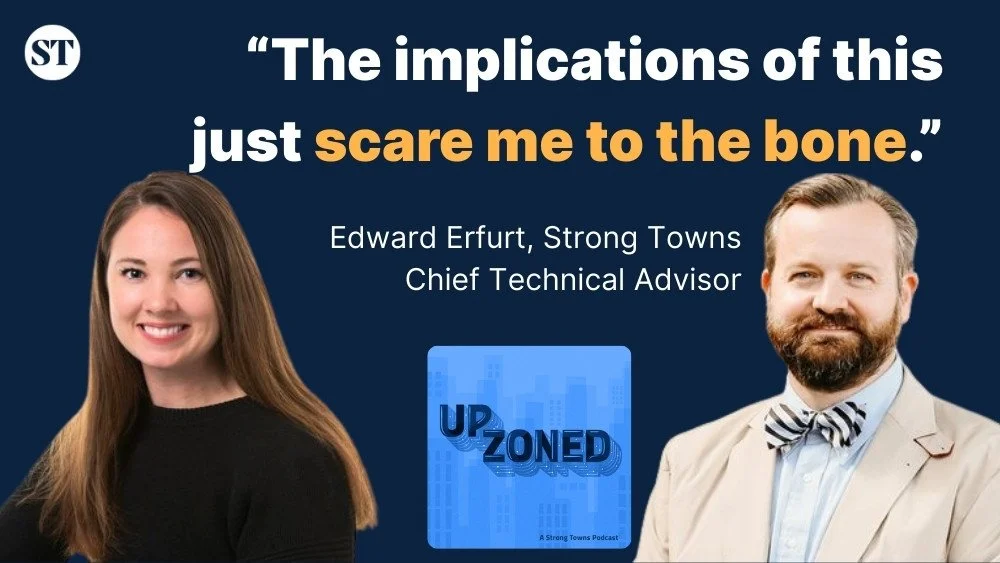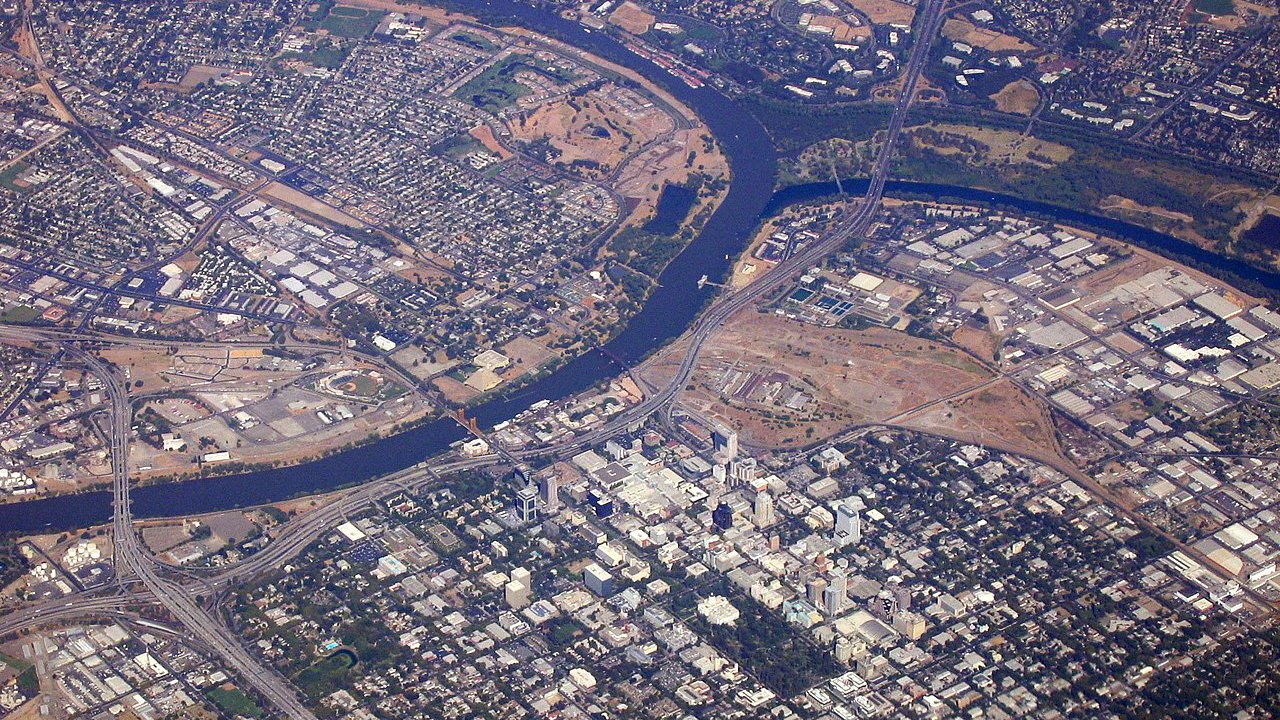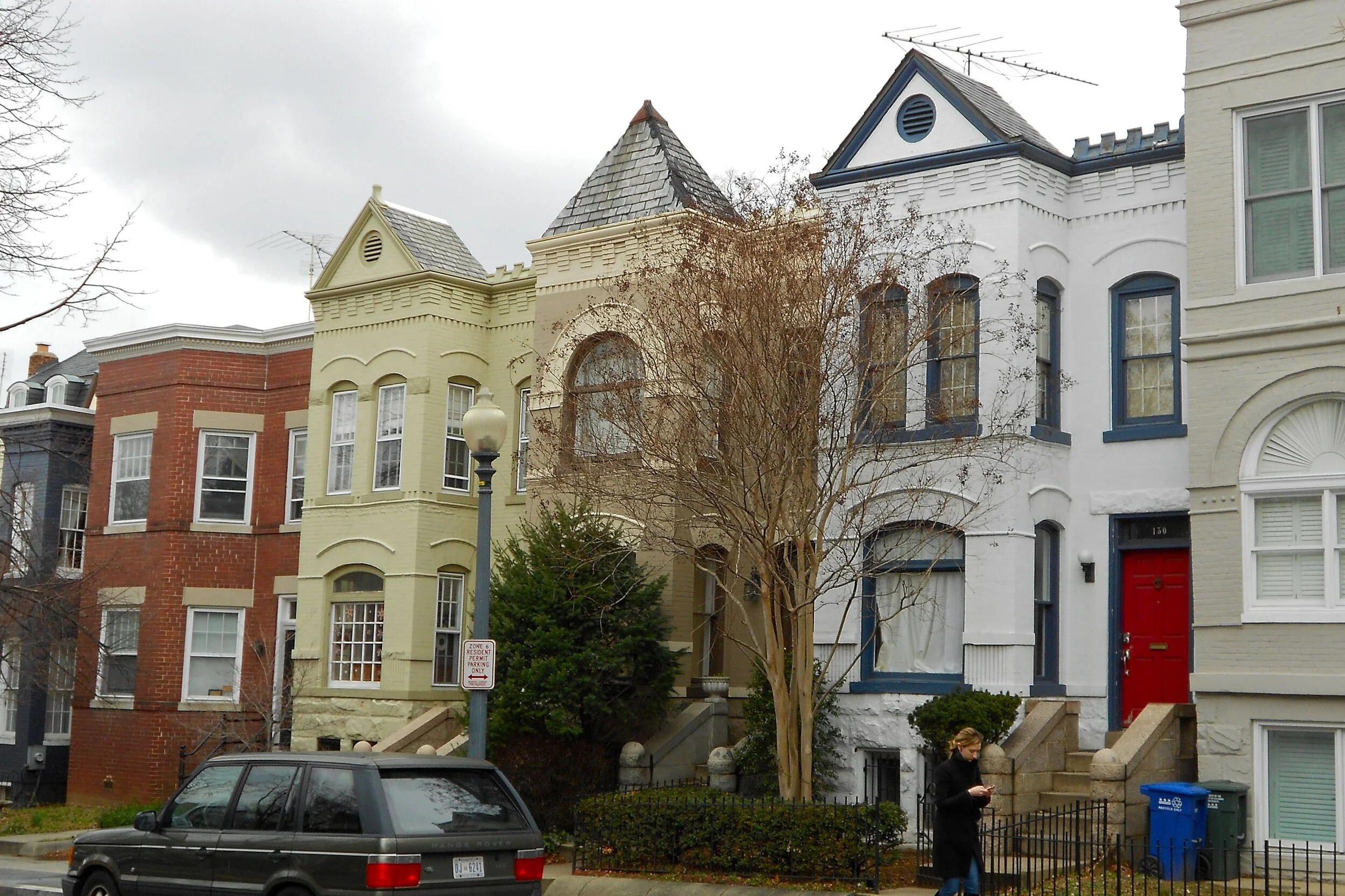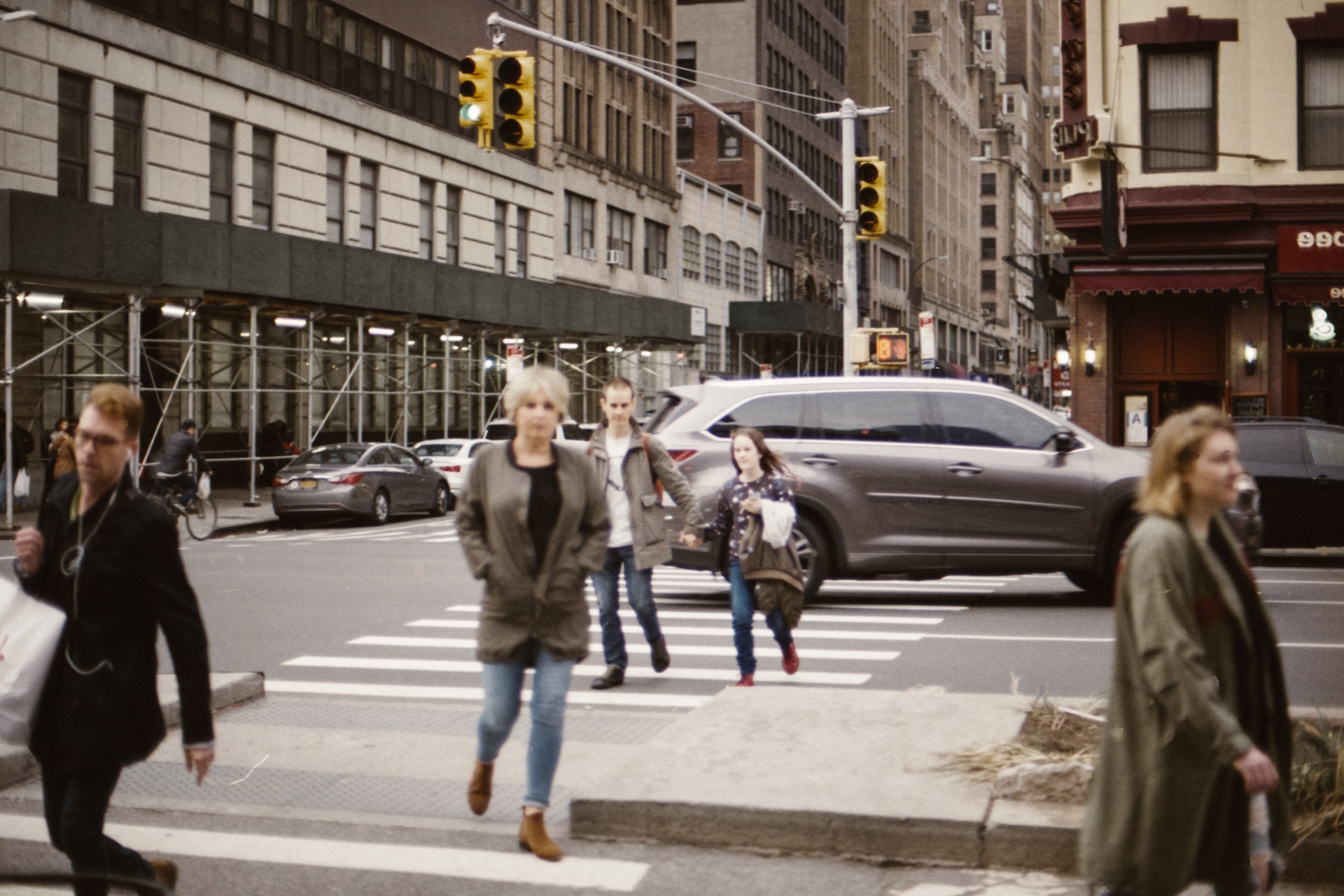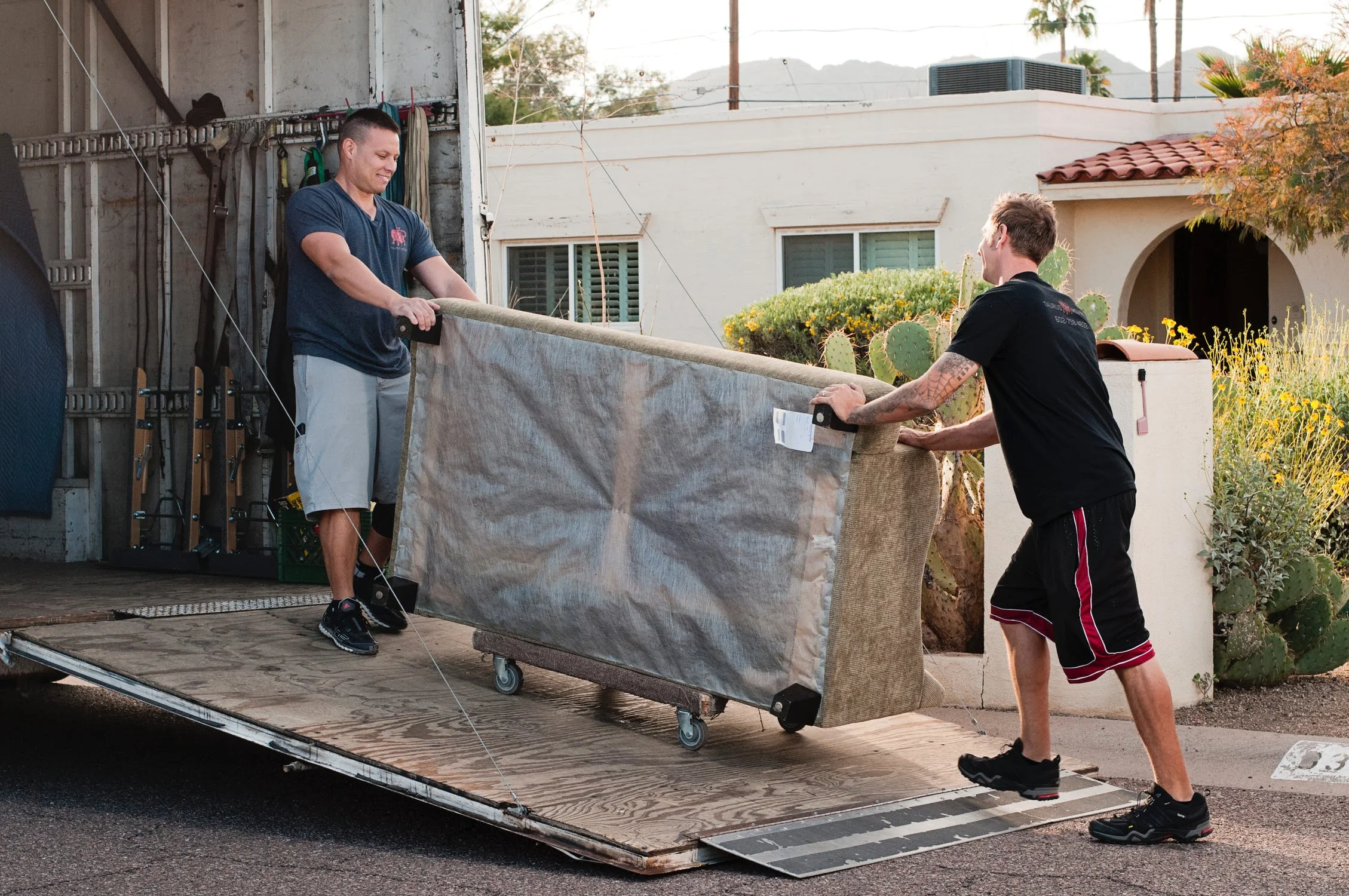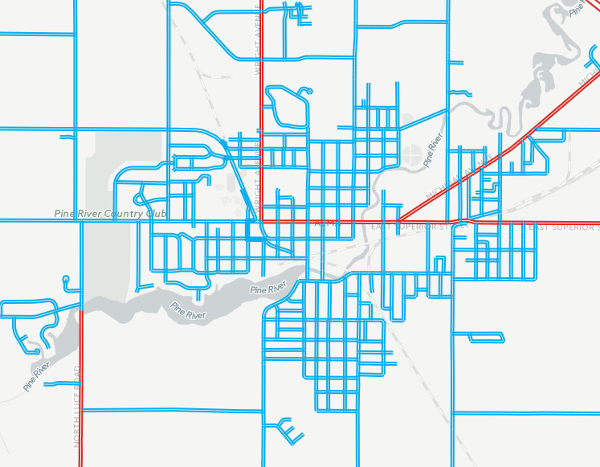Data centers use a massive amount of electricity, sometimes even rivaling major cities. Today, Edward and Abby discuss the far-reaching implications of this kind of land use. (Transcript included.)
Read MoreSacramento’s growth looks strong, but what do 21 years of financial data really show? Dive into the numbers with the Strong Towns Finance Decoder.
Read MoreDon’t underestimate the power of small-scale development—if undertaken at a large scale, by many hands—to transform our cities for the better.
Read MoreInformation about our city’s revenue, expenses and liabilities is usually presented in ways that disempower most people from making informed decisions. But what about folks who aren’t a Level 20 Spreadsheet Wizard? How can we use data to better tell the story of where we are now — and empower more people to write the story of their city’s future?
Read MoreU.S. drivers are killing 50 percent more pedestrians than a mere decade ago; meanwhile, European drivers are killing a third fewer. Why?
Read MoreYou might think you want your government to be as streamlined as efficient as possible—until a hacker takes down your whole data network in one fell swoop.
Read MoreWe tend to talk about neighborhoods in a static way: if they’re not rapidly, visibly transforming, we assume they’re not changing at all. A look at the data provides a helpful reminder that the places we live are actually changing all the time.
Read MoreIn this episode of our podcast It’s the Little Things, Jacob chats with three local leaders in open data—Kyle Taylor, Jesse Hamner, and Habib—share how open data works, including how you can use open data to act on your ideas, how you can encourage your elected officials to adopt open data policies, and how open data can make your city or town stronger.
Research from the University of Virginia powerfully illustrates one of the most important trends in American cities in the 21st century so far: the return of the wealthy and educated to traditional downtowns.
Read MoreBig data should be used for problem solving, not propaganda and promotion.
Read MoreMunicipalities for whom property taxes are lifeblood should treat parking for what it is: dead weight.
Read MoreSmall towns ranked among some of the best for biking, according to this new tool.
Read MoreSurvey data shows that residents tend to overestimate or underestimate crime risk based on other environmental factors, and their feelings of safety do not always line up with actual crime rates.
Read MoreIs there a Strong Towns approach to Information and Communication Technology (ICT) infrastructure in building sustainable, resilient city and town administrations, technology-enhanced placemaking, and a better citizen experience?
Read MoreThe spectre of poverty haunts hundreds of American suburbs and effects millions of Americans. Let's take a look at the data behind suburban poverty: its causes, impacts and current trends.
Read MoreTwo weeks ago, we announced a crowdsourced database collecting information on the tax productivity of big box stores in comparison with other, more compact developments. We've now mapped that data for you to see.
Read MoreWe want you to contribute to a comprehensive, crowdsourced database that will examine tax productivity comparing big box stores like Walmart with compact, downtown buildings. We’re working closely with our friends at Urban3 on this to build a downloadable resource and map the data when we're done.
Read MoreUsing visualized data to map affordability in a local community.
Read MoreThese maps illustrate the way parking lots deplete your town's tax base and alter your landscape to detrimental effect.
Read MoreIf you want a simple explanation for why our economy is stalled and cannot be restarted, it is this: Our places do not create wealth, they destroy wealth.
Read More
